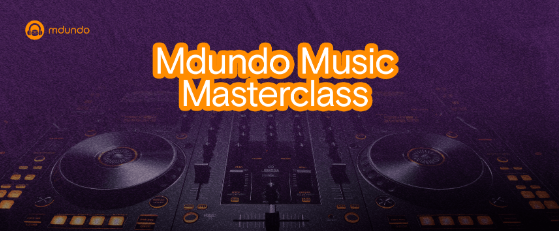Music Copyright Law: What It Protects
- Sep 6, 2022
- 2 min read

What is music copyright?
Music copyright gives the owner of a musical composition or sound recording exclusive rights to redistribute and reproduce the work, as well as licensing rights that enable the copyright holder to earn royalties.
Why do you need to know copyright laws?
To Protect your music against infringement.
To Receive royalties you are entitled to when your music is used.
To not infringe on other people’s music which is the illegal use another's musician's creative work.
What are the two types of music copyright?
Each piece of recorded music has two sets of copyrights: the musical composition, and the actual sound recording.
- Composition
The compositional copyright covers an underlying musical composition: the arrangement of notes, melodies, and chords in a specific order. It is held by songwriters, lyricists, and composers, and managed by their music publishers.
- Master Recording
The master copyright covers the specific sound recording, or “master recording,” created by performing or recording artists. The sound recording copyright is owned by the recording artist or their label.
What are the 5 exclusive rights held by copyright owners?
Reproduce copyrighted work: Copyright owners have the right to reproduce the copyrighted work through CDs or vinyl, and make the work publicly available via streaming services.
Distribute the copyrighted work: A copyright owner has the right to stream or otherwise make the music publicly available.
Prepare derivative works: Only the copyright holder of the musical composition can legally create a derivative version of that work (or permit others to do so) an example is a new musical arrangement of a composition
Publicly perform the copyrighted work: The copyright provides the author an exclusive right to perform the work publicly that is in a concert on the radio or in streaming platforms.
Publicly display the work: This means that the owner has the sole and exclusive right to publicly distribute copies of the work by sale, rental, or lease and to publicly perform or display the work, such as publicly playing a musical recording at a restaurant.
What are the benefits of registering your song for copyright?
The first benefit of registering your copyright is that you are able to create a public record of your works.
The other benefit is that once your copyright is registered and in the public record, you can sue for copyright infringement.
And finally you are able to enjoy the exclusive rights listed above once you register for copyright.
How to register your song for copyright?
Check this out in our next post
Further Reading


